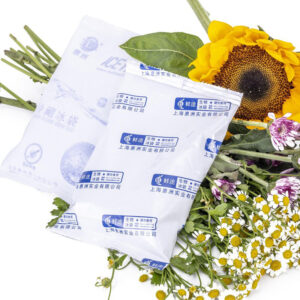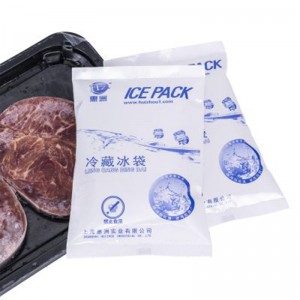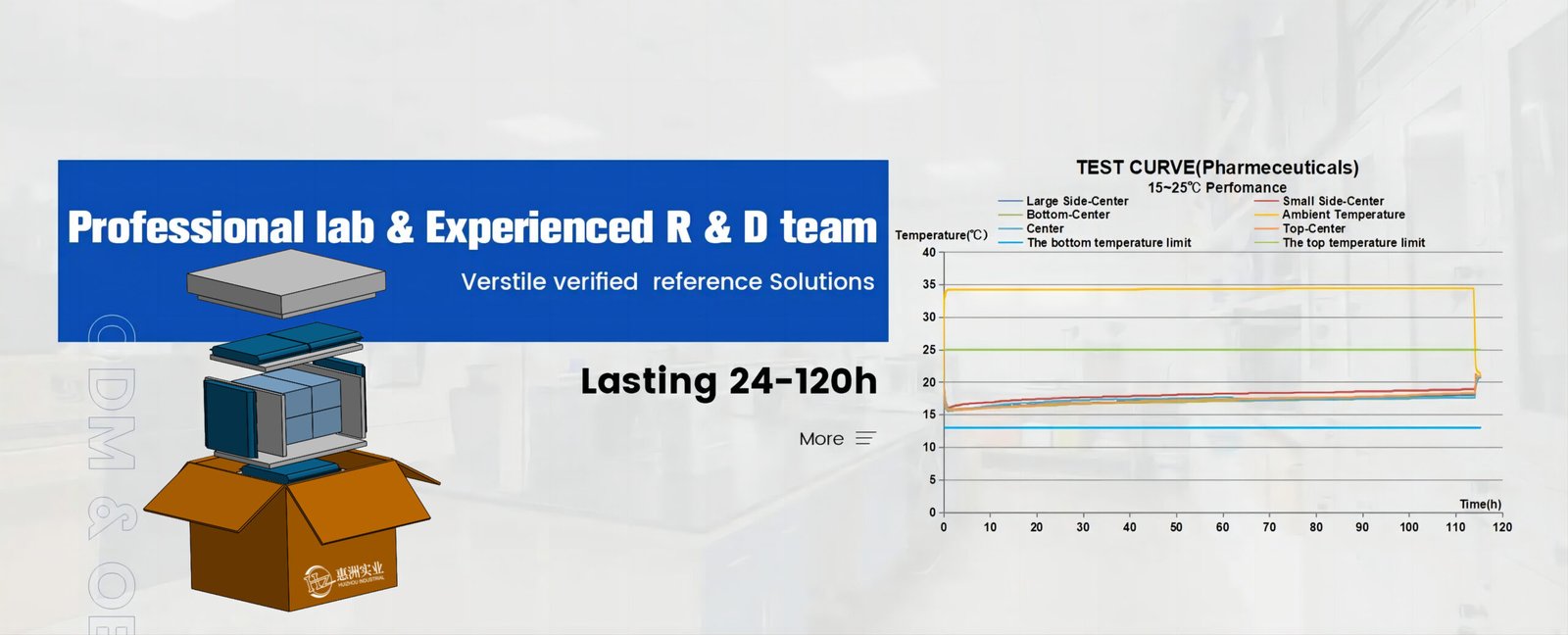Pabrik Kotak Terisolasi untuk E-Commerce: 2026 Memandu
Artikel ini akan membantu Anda: Understand how an insulated box factory e-commerce company reduces cost and risk Choose the right factory model for cold-chain shipping Compare materials, kinerja isolasi, and customization options Apply 2026 trends to your own logistics strategy What Is an Insulated Box Factory E-Commerce Company? Direct answer An insulated box factory e-commerce company sells insulated shipping boxes directly from its own production facility through an online ordering system. You avoid distributors, reduce markups, and gain direct access to material options, performance data, and factory-level customization. Instead of buying "off-the-shelf" kotak, you order packaging designed around your shipping temperature, waktu transit, dan sensitivitas produk. Why this model matters in 2026 Cold-chain shipping volumes continue to grow, especially for food delivery, Farmasi, dan bahan kimia khusus. Traditional distributors struggle to keep up with customization and fast replenishment. Factory-direct e-commerce solves this by combining: Manufacturing control Digital ordering Data-driven insulation design This gives you predictable performance and repeatable quality. Key difference...



















